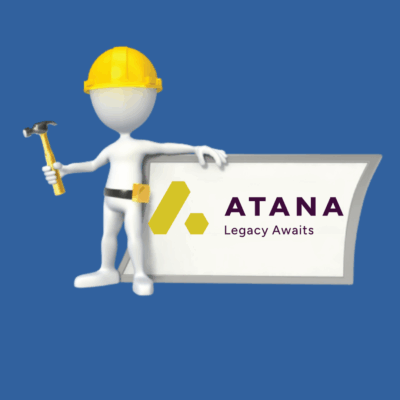The question raised is similar to that for all other types of training where prospects question the wisdom of attending workshops. Depending on who’s answering the question, that in itself is a debatable one. If I were to be the one asking this question I would look for the following background checks on those offering the training.
Firstly, you have to look at the facilitators’ track record and here we are not referring to academic qualifications but for how many years has the person been presenting on the aspects of tendering. Secondly, you would have to request a Course Outline to determine as to whether the topics covered will indeed be in line with your expectations and thirdly, to check what kind of feedback past delegates’ are giving on the facilitators ability to bring the subject matter across in a manner that made them “happy”. I would say, that once you’ve ticked off all the boxes, then we are halfway there in answering the above question.
In essence it now becomes an issue as to what one should expect of such a workshop or training seminar. In the main, the facilitator has to cover the key legal aspects around the subject of tendering as well as bringing in other enabling legislation since the topic of tendering in itself is not a stand-alone issue. Depending on who one tenders for i.e. local, provincial or national government, parastatals or state owned enterprises, you need to be made aware by the facilitator that the applicable tendering-legislation has relevance to all these different spheres of government. Further, the facilitator needs to explain the different and various “stumbling blocks” found within the broader scope of the tendering process.
Primarily, those tendering for government contracts are challenged with submitting compliant bids since only those bids that are considered to be compliant will “graduate” to the short-list from which they will choose the successful bidder. The facilitator will also have to cover the aspects of the different committees systems, their structure, role and functions as well as how tenders are scored through the different point systems. Issues like the key pillars of tendering; BBBEE and sub-contracting, firm and non-firm pricing must also be covered in explaining the over-arching process of tendering.
Completing tender documents are not really open to varied interpretation since each bid document must consist of most of the 9 prescribed forms or returnables as issued by the national treasury. One of the areas that must be covered is the “declaration of interests” since delegates must be advised that by getting things wrong on this form could have serious legal repercussions such as being accused of what I call “inadvertent fraudulent declarations”. Also, the aspects of when to submit fixed prices and non-fixed prices coupled with the limitations on sub-contracting and the general conditions of contract, are also key issues to be dealt with in the workshop.
Overall, if you are happy that these key points will be covered in the workshop, then the answer to the above question should be in the “affirmative”
Gerrit is the Lead-Advisor at Taranisco Advisory CC and is contactable at advisor@taranis.co.za or www.taranis.co.za
About Gerrit Davids
Gerrit Davids is the Lead Advisor at Taranis Co Advisory with more than 20 years experience in government procurement regulations and having trained more than 2000 people on how to submit compliant tenders.
- Web |
- More Posts(3)









Victor Terblanche
The value of education and training is not immediately realised until called for.
If you think education is expensive, try ignorance!
Leads 2 Business : Top 10 Blog posts of the year
[…] Looking for a means to getting your tender on in a better manner? Look no further than “Is there Value in attending Tendering Workshops?“ […]